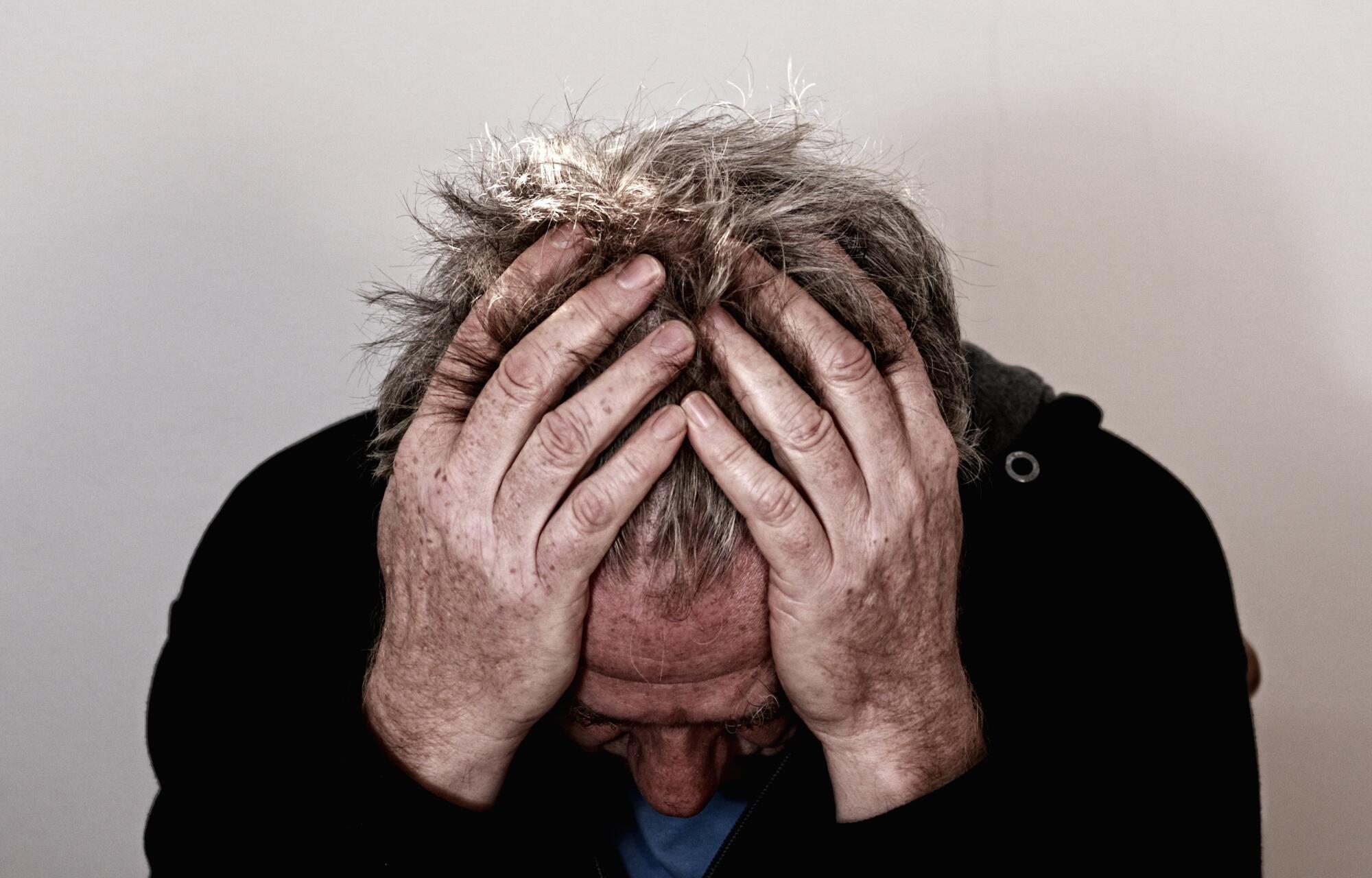
Can Sex Make Your Period Come Late? Hormones 101

Most girls get their first period around the age of 12. It’s not uncommon for girls to get them as young as 10 or as old as 15, however.
In some cases, women can experience a delayed period, and they’re often unsure of the cause. They might attribute it to period medication, birth control, or sex.
So, can sex make your period come late? Let’s explore what you should know.
Can Sex Make Your Period Come Late?
In some cases, sexual activity can result in bleeding. It’s important to note that this is separate from the bleeding experienced during menstruation.
In general, the most common cause of a late or missed period is pregnancy. A sexually active person who doesn’t experience their period on time should take a pregnancy test as soon as possible.
Causes of a Late Period
There are many different reasons why your period could be late. It’s essential to understand each of these so you can recognize them and take the appropriate action. Listed below are some of the most common.
Stress
Psychological and physical stress can cause issues with period timing. In fact, it’s not uncommon to miss one entirely while going through a stressful situation. This is often related to school, work, relationships, etc.
The good news is that managing this stress appropriately can help get your cycles back on track. Depending on how severe your stress levels are, you may need to consider speaking with a counselor or therapist. You should also identify the main stressors in your life and work to improve or eliminate them.
Obesity
Many people are unaware that obesity can have a negative impact on estrogen levels. This could directly influence your menstrual cycle timing.
It can also cause issues with fertility. Adhering to a healthy diet and exercising regularly can help you maintain a healthy body weight.
Polycystic Ovary Syndrome (PCOS)
This condition can cause hormonal imbalances that result in irregular or delayed menstruation. Other symptoms include infertility, acne, and weight gain. This condition also requires a medical diagnosis, so having these symptoms doesn’t necessarily mean you have PCOS.
Chronic Diseases
Certain chronic diseases can delay or prevent menstruation. These include liver dysfunction, diabetes, pituitary tumors, and ovarian cysts.
Medication may be a viable treatment option depending on the severity of your condition. In some situations, patients may simply have to cope with irregular cycles.
Medication
People with menstruation issues often also take antidepressants, antipsychotics, and anticonvulsants. The same can be said about chemotherapy medications.
These are notorious for having strong side effects in many patients, and you might find that your period becomes delayed or irregular as time goes on.
Extreme Exercise
Extreme exercise regimens can affect your hormone levels. Keep in mind that this scenario doesn’t apply to most people.
To clarify, there’s nothing wrong with having a consistent, intense workout routine. The individuals who are at risk are those who exercise for hours each day.
For instance, someone might jog for an hour in the morning, train with weights for an hour during the evening, and spend an hour afterward training for a combat sport.
For those who need to train hard to reach their goals, it’s recommended to consult a professional to stay on the right track. They can help you optimize your diet and prevent injuries.
A professional can also help you stay hydrated, take the right supplements, etc. If you’re experiencing menstruation issues and also have an active lifestyle, consider scaling back on your training.
Menopause
Women go through menopause when they reach a point in their physical development when they no longer menstruate or ovulate. Most people are around 50 years old when they first go through menopause.
Menopause can also cause delays in periods, and this occurs during the transition to menopause. Menstruation can become heavier, lighter, less frequent, or more common.
Birth Control
Birth control methods like Nexplanon and IUDs may delay your period. This varies from person to person, though.
Some might experience lighter periods than normal, while others may not experience menstruation at all. Birth control combined with other factors (such as stress) can have an even greater impact.
When to Take Action
Most of these situations don’t require much attention, and making minor lifestyle changes can often resolve them. However, there are certain times when you should reach out to a medical professional as soon as possible.
Having changes in your vision is one of the most notable. For instance, someone who has recently missed their period might also have trouble seeing out of one eye.
Fevers are another symptom to watch out for. This could indicate the presence of a serious infection.
Similar complications include nausea, vomiting, and headaches. An uncommon but serious sign that something is wrong is hair loss.
This could indicate hormonal imbalances that need immediate attention. If you notice the above symptoms, reach out to a reputable medical professional.
When looking for one, consider their level of experience and what other clients have had to say. This will help you find the best option for your situation.
Don’t Stress Over Late Periods
A late period can often have an innocuous cause. Be sure to keep the answer to “Can sex make your period come late” in mind. This will help ensure that you take action and handle the situation appropriately.
Reach out to a representative today at Kiwi. Our professional staff is ready to connect you with the best solutions for your needs.

